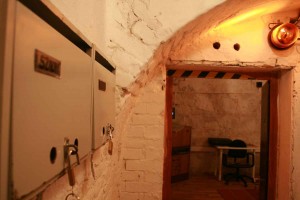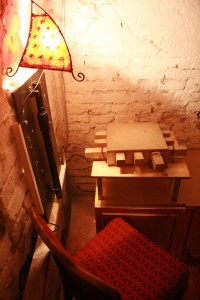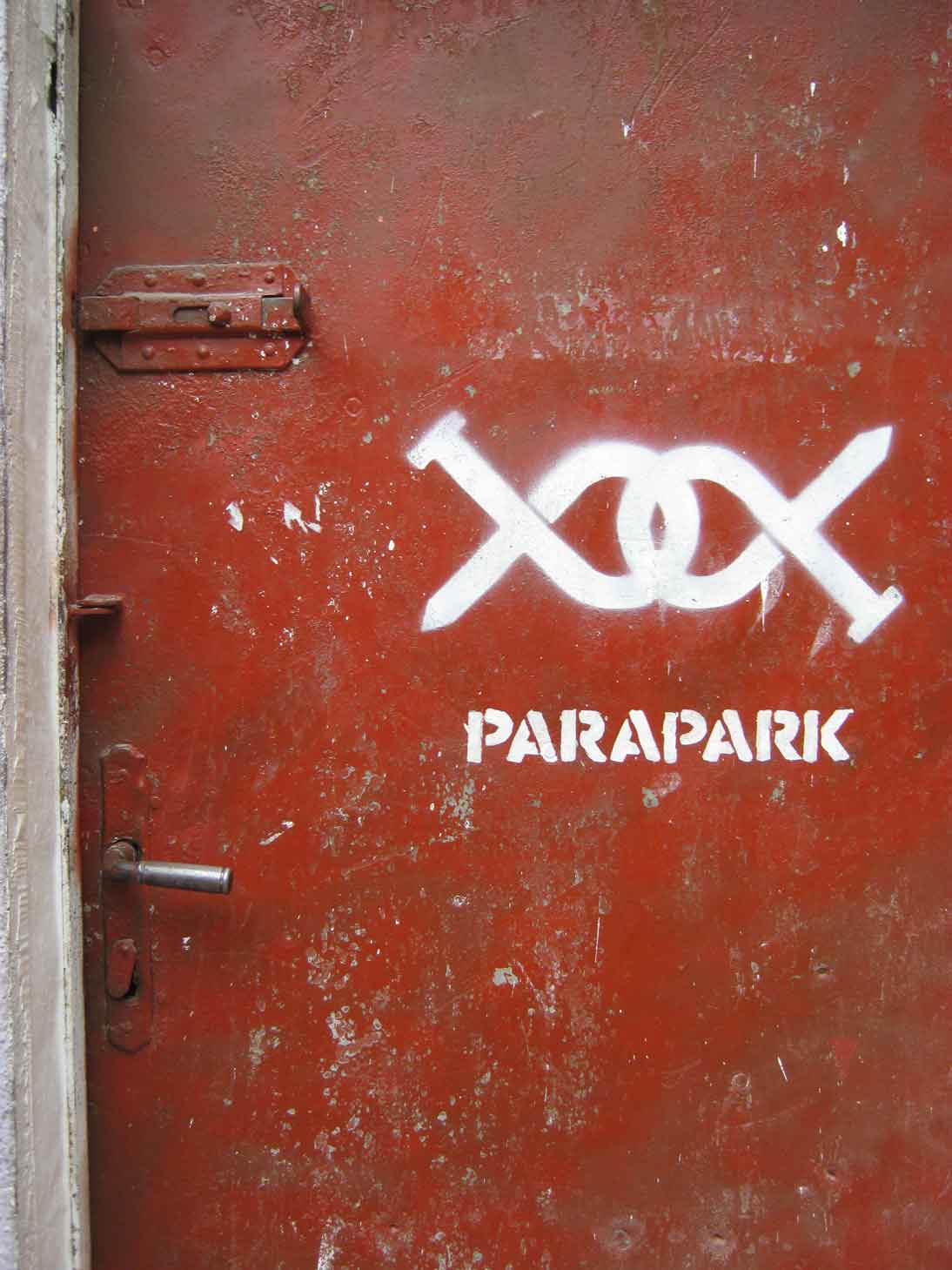Flow. Jazz players call it getting into the groove. Sportsmen know it as being in the zone. We often crave it in sex and spirituality. It is that elusive quality of experience in which we simultaneously feel whole and completely lost in the task in front of us, aligned with the continuity of events and time. The desire for flow is what drives the growing genre of Escape Rooms.

Photo: Private.
I interviewed Attila Guyrkovics, founder of Parapark, which bills itself as “The First Escape Room Game in the Galaxy”. According to Attila Guyrkovics flow is at the heart of his own art and what it provides to visitors. Following his original, low-budget conception of the game in a dark cellar in Budapest in 2011, there has been an explosion of these games all over Europe, with the most prominent regularly featuring near the top of TripAdvisor lists in their respective cities.
Similar games have existed in the United States and Asia for the last ten years, but Attila Guyrkovics, who holds a masters in team-building, believes his particular combination between flow theory, team interaction and the intrigue of virtual Escape Room or Hidden Object games started a new branch of the genre. This genre, inspired by virtual escape games on various platforms, involves visitors, normally in teams of two to five, being locked in a room for an hour, and having to solve a range of puzzles to escape. The puzzles are based on basic logical conundrums and cryptography, and all required knowledge is contained within the room.
Attila Guyrkovic’s vision is somewhat polemic – he rails against the disillusionment of modern life, brought about by its excessive promises and excessive demands.
“Even with soft drinks, they say that if you drink it, you will get a supermodel.”
In an era where surface is valued over depth, Escape Rooms use subtle atmospheric cues to invite visitors to use their imagination to engage with a world where the rabbit hole can go as deep as you wish.
“We’re not taking you to Stargate. It’s something that mixes in with your ordinary life… you impose your own rules. You set definite boundaries for yourself. And if you adapt well to the obstacles it presents you, you will find flow.”

Photo: Private.
Attila Guyrkovics compares it to the experience of a child, “the feeling that you could go into a room and do something completely new, completely unexpected, just by exploring your own environment.”
This form of flow requires balance; it requires a space where the task is neither too easy nor too hard, but gives players a sense of being suspended from the ordinary while having control over a range of elements, including their teammates and the materials provided. Visitors love this feeling of control, which is often missing in our modern lives, but sometimes they get too absorbed and take it a little too far. Attila Guyrkovics relates:
“Sometimes groups think they can do magic with simple things. There is a fridge in one room, with magnets attached. They place that magnet next to other symbols and expect magic to happen.”
Your correspondent successfully completed an escape room in Edinburgh without the use of magic, and was proud of it. But more important was the feeling of escape that I felt inside and followed me around for hours afterwards, and the friend I made out of my teammate. It was dark, it was desperate. We were prisoners, lost in the experience. We could have been anywhere. We could have been anyone. I would do it again.
Timeline
- 2006: “Original Piece” opens in San Francisco
- 2008: “Real Escape Game” opens in Kyoto, and the genre spreads all over Asia
- 2011: Attila Guyrkovics opens Parapark, and with it, the modern version of the 1-hour team escape game.






